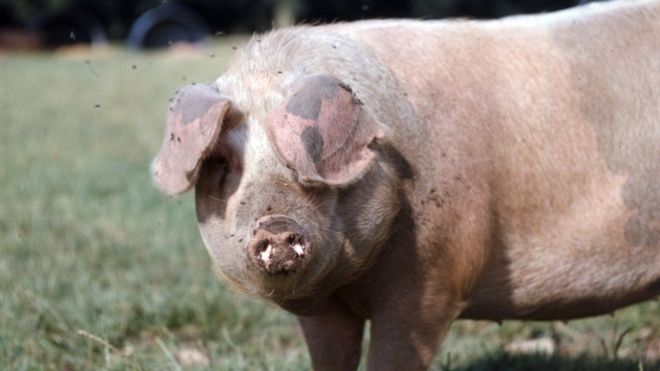Document released showing worldwide pig welfare policies

A document has been created that sheds new light on the differing animal welfare standards in place across the major pig producing countries of the world.
The National Pig Association's (NPA) Animal Welfare Matrix outlines the different welfare labelling schemes and legislative requirements in place across selected key pork producing countries.
The documents includes the UK, Denmark, Netherlands, Germany, Spain, Poland, the US, Canada and Brazil. Sweden is also included because of its high animal welfare standards.
The NPA believes the document is particularly important in the context of the debate over new post-Brexit trade deals and animal welfare standards.
Highlights of the document
Sow stalls, banned in the UK in 1999 and partially banned across most of the rest of the EU, are still legally permitted in the US, Canada and Brazil.
In the UK, 40% of sows are outdoors and 90% of indoor sows and 60% of finishing pigs are kept on straw. But very few, if any, pigs are kept outdoors or on straw indoors in the rest of the EU, apart from in Sweden, or the rest of the world.
The use of antibiotics for growth promotion has been banned in the EU since 2006. The practice is permitted in the US, Canada and Brazil, however.
The use of ractopamine (a feed additive to promote leanness) has been banned in the EU since 1996. But it is approved for use in pigs in the US, Canada and Brazil.
Castration is not permitted under the Red Tractor Scheme, so just 2% of male pigs are castrated in the UK.
This compares with Sweden (94%), Denmark (95%), Netherlands (20%), Germany (80%) and Spain (20%).
Tiered welfare labelling
The document also compares tiered animal welfare labelling schemes in place in Denmark, the Netherlands and Germany.
This is significant as the UK's Farming Minister George Eustice is looking closely at tiered welfare labelling schemes elsewhere in the EU as he considers using a domestic agricultural policy to incentivise higher animal welfare standards in the UK.
NPA's Senior policy advisor Georgina Crayford said the purpose of the document is to highlight where these differences exist.
“When negotiating trade deals with third countries, it is vitally important that the UK pig sector is not undercut by imports of pork from countries with lower welfare standards. We must insist on equivalent standards.
“Equally, we are adamant the Government must not gold-plate our already high standards, as this would only risk pushing up costs and sucking lower standard imports in."








